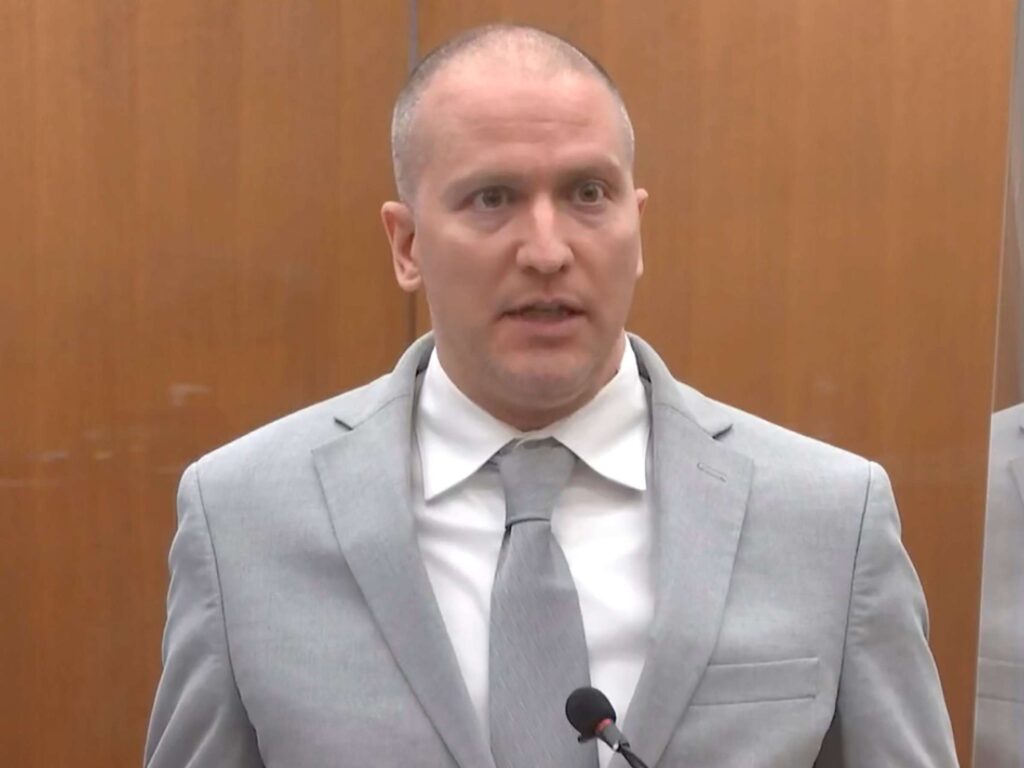
Introduction
The case of Derek Chauvin, a former Minneapolis police officer, has become a pivotal moment in the United States’ ongoing struggle for racial justice and police reform. In May 2020, Chauvin was involved in the death of George Floyd, which sparked nationwide protests and demands for systemic change in policing practices. This incident underscored the urgent need to address issues of police brutality and racial injustice, resonating not just in the U.S. but around the world.
Key Events and Proceedings
On April 20, 2021, Derek Chauvin was found guilty of second-degree unintentional murder, third-degree murder, and second-degree manslaughter. The evidence presented during the trial, including harrowing video footage of the incident, mobilized public opinion and heightened awareness of police violence against Black individuals. Chauvin was subsequently sentenced to 22.5 years in prison, a decision that many viewed as a significant step towards accountability within law enforcement.
Chauvin’s case also had ripple effects across the legal and political landscape. It prompted lawmakers to consider and, in some cases, implement police reforms aimed at increasing transparency and accountability. Additionally, many cities across the United States have started to examine their policing policies in light of the events that transpired during the trial and subsequent protests.
Current Developments
As of late 2023, Chauvin is serving his sentence at a correctional facility in Minnesota, with notable requests for appeal being made by his legal team. The case remains significant as it continues to be referenced in discussions surrounding police reform efforts and community relations. Measures such as the George Floyd Justice in Policing Act were introduced in Congress to ban chokeholds and establish national standards for policing. However, the act has faced significant challenges in passing due to political divides.
Conclusion
The case of Derek Chauvin remains a critical reference point in ongoing discussions about social justice and police reform. As communities continue to address issues surrounding race, policing, and accountability, the events surrounding Chauvin’s actions and the resulting court proceedings highlight the necessity for systemic change. Moving forward, it is essential for citizens and lawmakers alike to engage in dialogue and initiatives that promote justice, equality, and safety for all individuals, irrespective of race.






